If there really is a miracle in Israël, it comes from farmers’ determination and start-ups’ innovation. There’s recurring drought and widespread water scarcity, yet Israel is the breadbasket of the Middle-East.
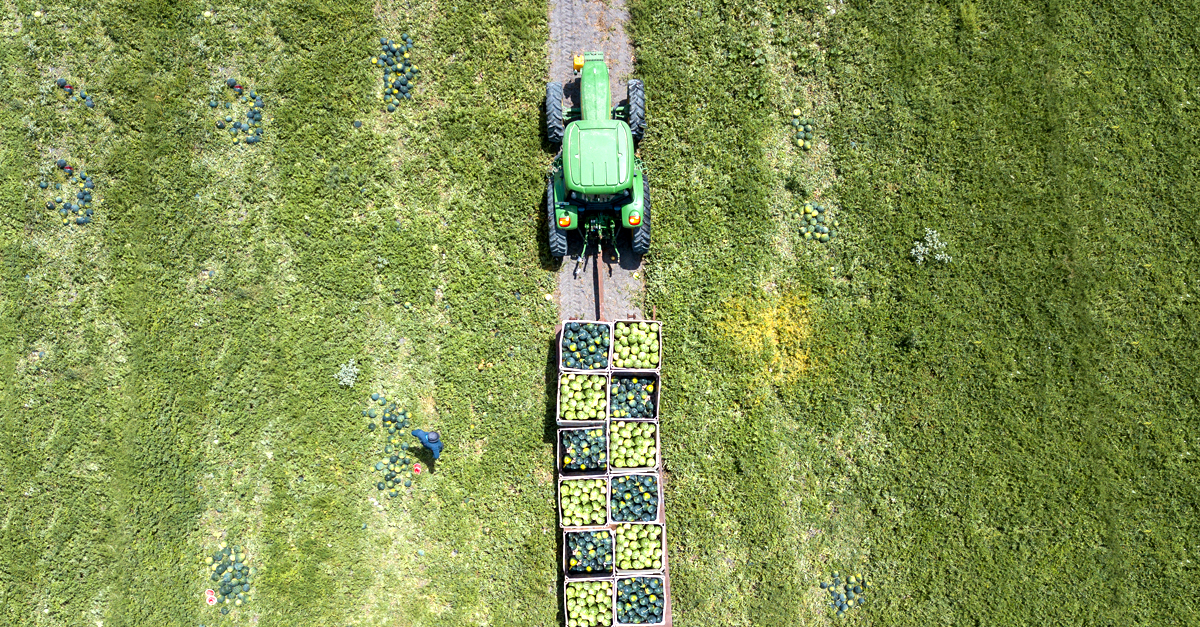
In the Jezreel Valley in the north of the country, drought and a desert climate are clearly not ideal conditions for agricultural production. However, here, the desert is in bloom all year long. Large-scale farms produce wheat, sunflowers, and chickpeas and market gardeners produce carrots, tomatoes, and Brussels sprouts. As far as the eye can see, the desert has been turned green by farmland. There are no hose reels shooting out hectolitres of water that will evaporate in the sun. In this valley, irrigation is a high-tech science. The systems are controlled by computers and deliver the water needed drop by drop to each plant. These plants are modified and formed to require as little water as possible. The used water comes from wastewater treatment plants. This water has been treated so that it can be safely used on crops for human consumption.
According to the World Resources Institute, Israel is the second most-affected country by water scarcity in the world, after Qatar. There are very few resources and low and uncertain rainfall levels, yet there is also the need for farming to ensure the survival of the population. Despite this, Israel manages to produce 95 % of its fruit and vegetable requirements at home.
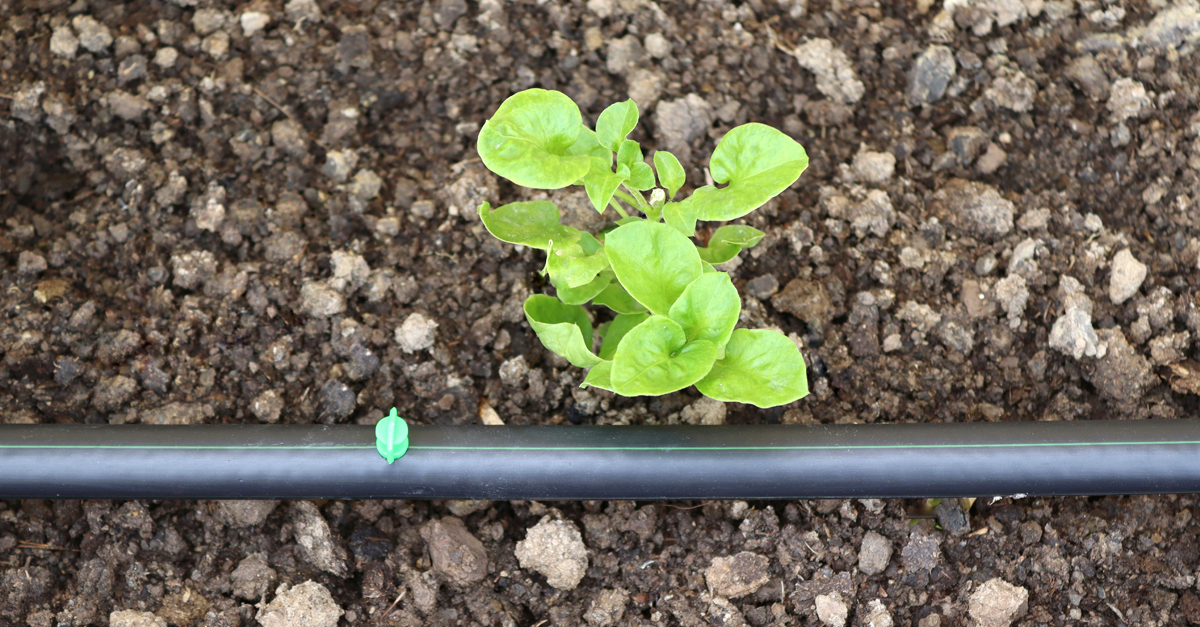
In a semi-desert country, water is a national priority.
Since the creation of Israël in 1948, water has been a major challenge. Underground water reserves (aquifers), the Jordan and its tributaries, the Dan, the Snir Stream (the Hatsbani), and the Hermon Stream (the Banias) are far from enough. Solutions have emerged thanks to innovative companies. All paths have been explored, desalinating water, developing seeds, and recycling wastewater. 250 companies and almost 200 start-ups are constantly developing new practices. Israël has the most “water tech” in the world. In 2019, one of these companies won the Tech for a Better World award at the world’s largest innovation fair, CES (Consumer Electronics Show) in Las Vegas. They developed a system that transforms air into water (5,000 litres per day) using research-based generators. “Water tech” and Israëlian advances in this field are being exported to countries where climate change is impacting water resources. 84 million people are living without safe access to drinking water. It’s a global problem. “Water tech” is even an important diplomatic tool for Israel. China and India have signed partnership agreements to adapt Israëlian innovations to the challenges in their own countries.
Increasing efforts to protect water resources.
85 % of the drinking water in Israël comes from desalinating seawater from the Mediterranean and the Red Sea. For farming, 90 % of the water comes from treated grey water. Mekorot, the Israëlian water company, is a world leader in reusing sewage water for agriculture. Their aim is to treat and redistribute 100 million metres cubed of wastewater in the next ten years, which, once treated, is returned to nature without being used.
It takes 401 days for soiled water to be put back into the circuit of water that is usable for farming. One day of treatment in the plant and 400 days in several reservoirs, the first of which is a dedicated groundwater table. Nothing is thrown away without being recycled. The sludge produces biogas and fertiliser, so the resources are used to their maximum potential. Thanks to a well-managed process, Israëli farmers are overcoming the odds to make the desert bloom.
Do not hesitate to contact us :
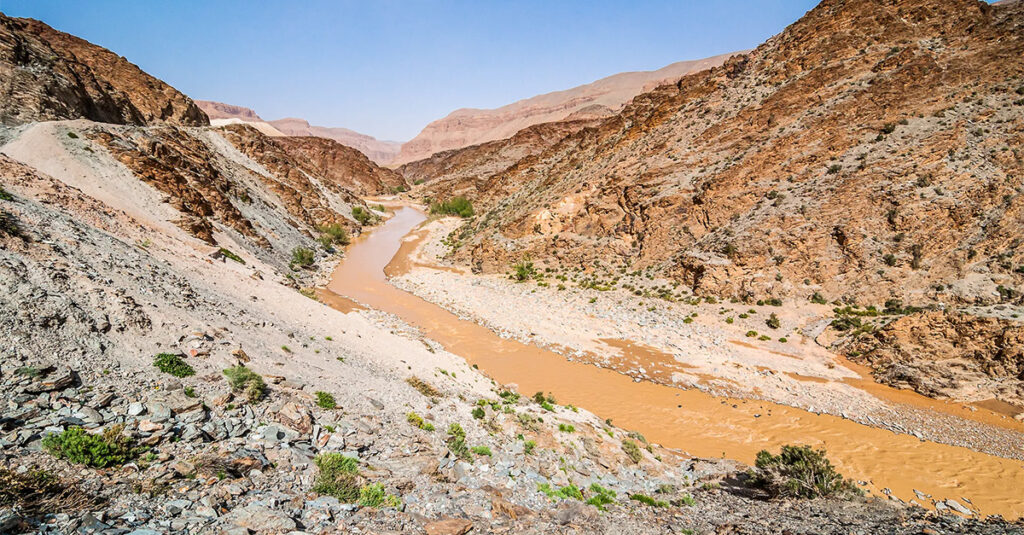
Faced with water stress and the threat of climate change, Morocco is launching an ambitious plan to make water management safer and more streamlined
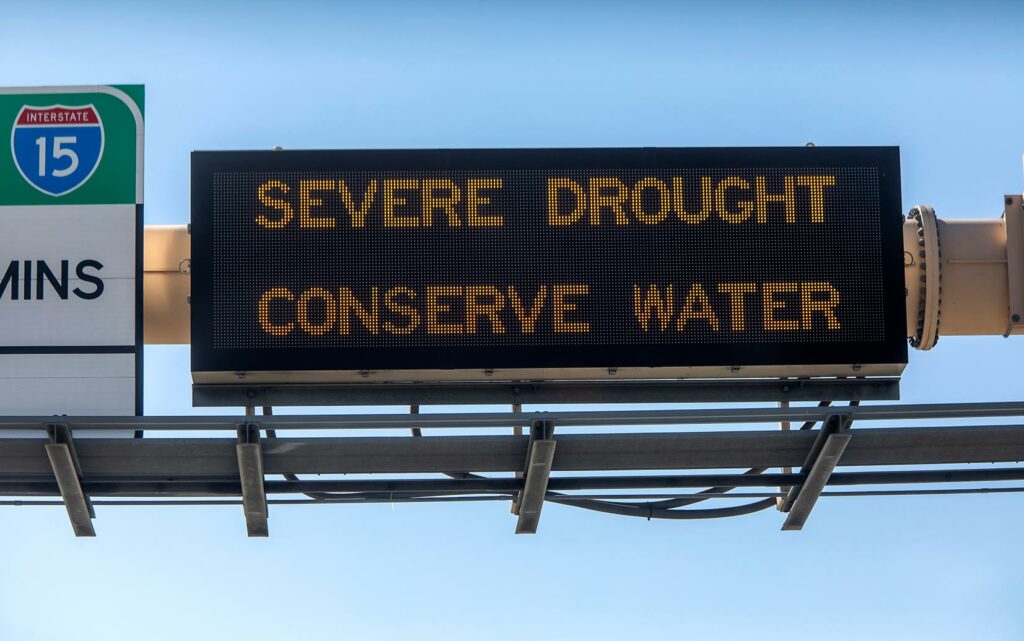
Back California: Turning wastewater into drinking water Every year since 2012, southern California has been experiencing increasingly severe droughts. To protect the precious resource as
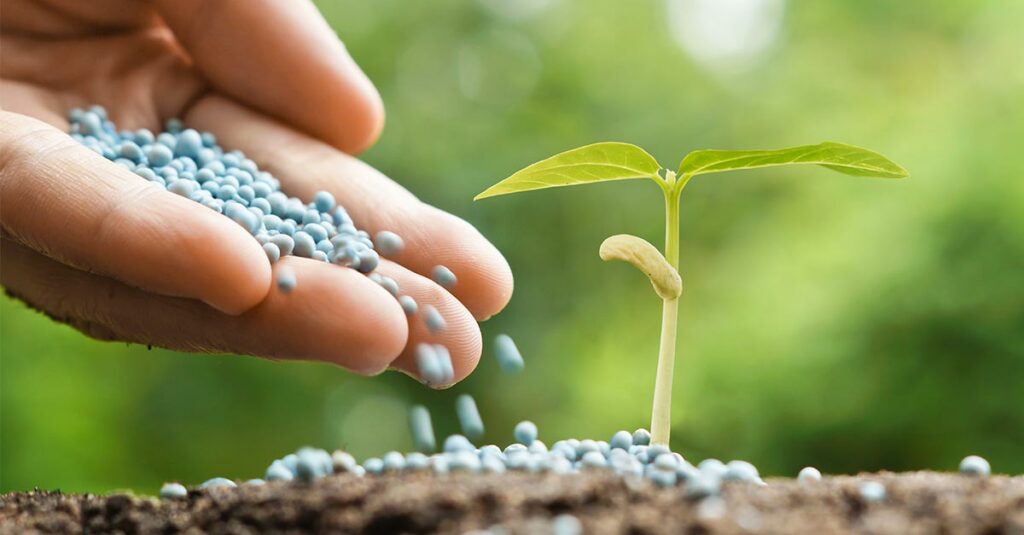
Back Wastewater treatment plants: What if we changed the name? Water treatment plants are changing in both how they look and how they function. They’re
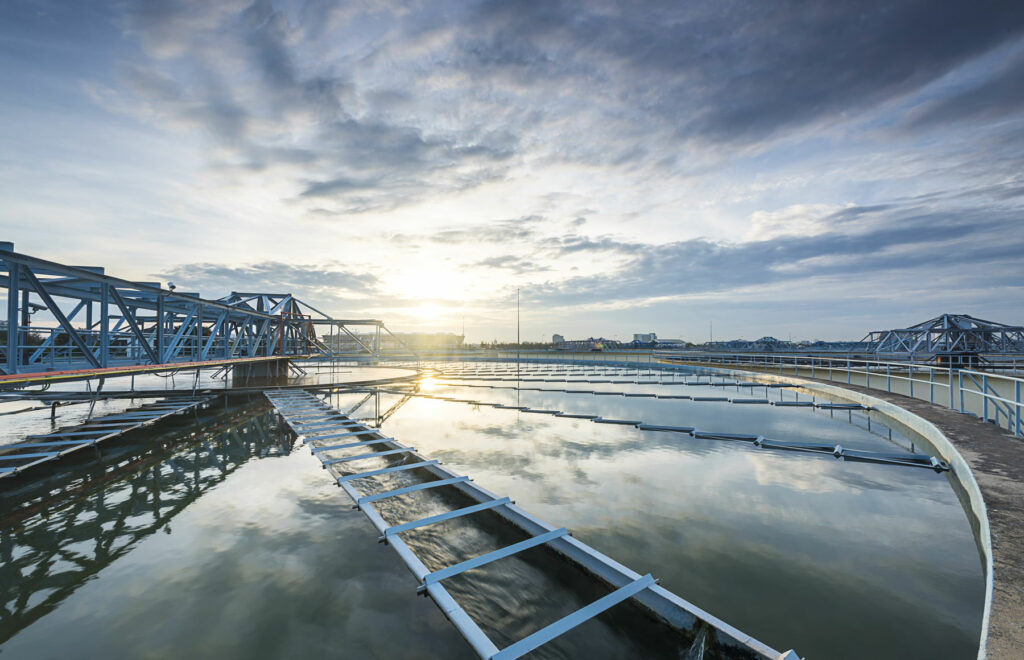
Making biogas from our used water is possible, and it works. Treatment plants transform the organic waste into biogas to heat homes and fuel vehicles. This means significant savings in fossil fuels and a responsible approach to producing renewable energy, especially in the current climate.

| Cookie | Duration | Description |
|---|---|---|
| cookielawinfo-checkbox-analytics | This cookie is set by GDPR Cookie Consent plugin. The cookie is used to store the user consent for the cookies in the category "Analytics". | |
| cookielawinfo-checkbox-functional | The cookie is set by GDPR cookie consent to record the user consent for the cookies in the category "Functional". | |
| cookielawinfo-checkbox-necessary | This cookie is set by GDPR Cookie Consent plugin. The cookies is used to store the user consent for the cookies in the category "Necessary". | |
| cookielawinfo-checkbox-others | This cookie is set by GDPR Cookie Consent plugin. The cookie is used to store the user consent for the cookies in the category "Other. | |
| cookielawinfo-checkbox-performance | This cookie is set by GDPR Cookie Consent plugin. The cookie is used to store the user consent for the cookies in the category "Performance". | |
| viewed_cookie_policy | The cookie is set by the GDPR Cookie Consent plugin and is used to store whether or not user has consented to the use of cookies. It does not store any personal data. |